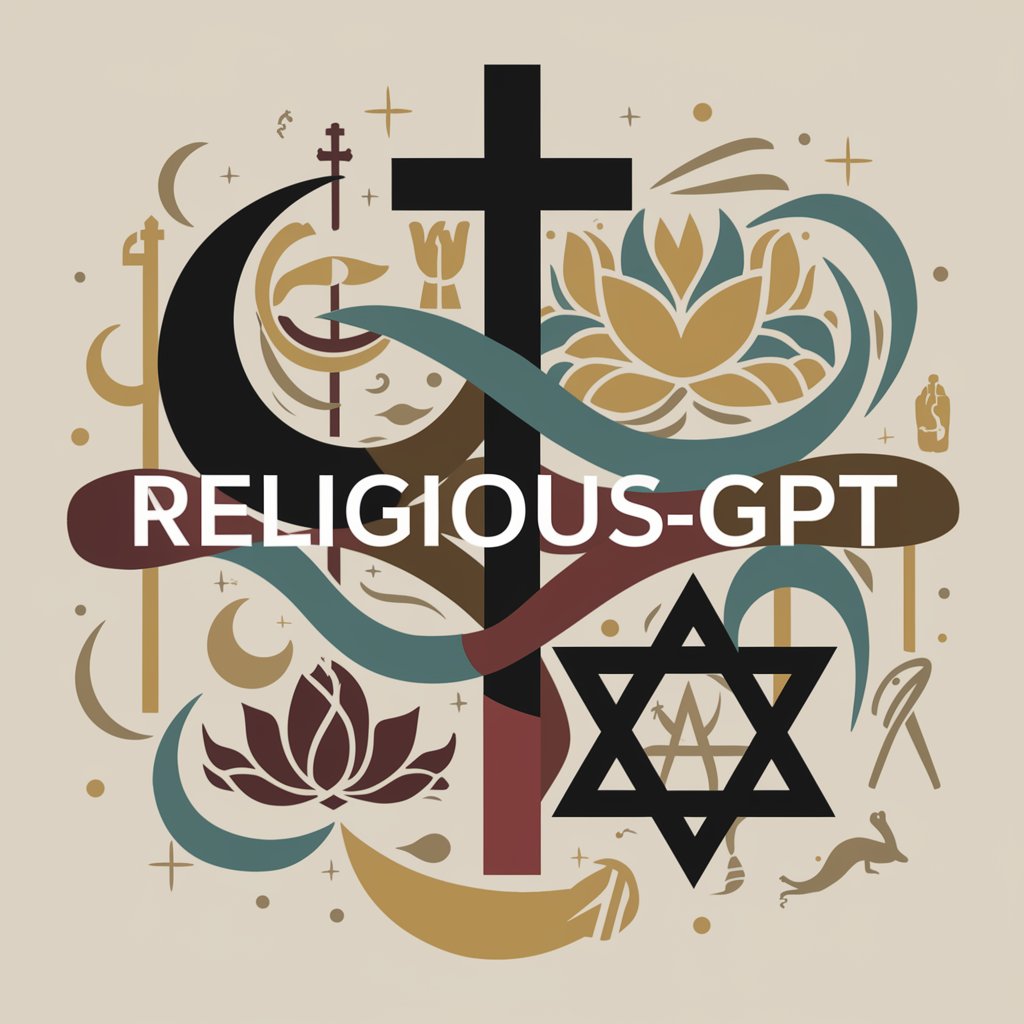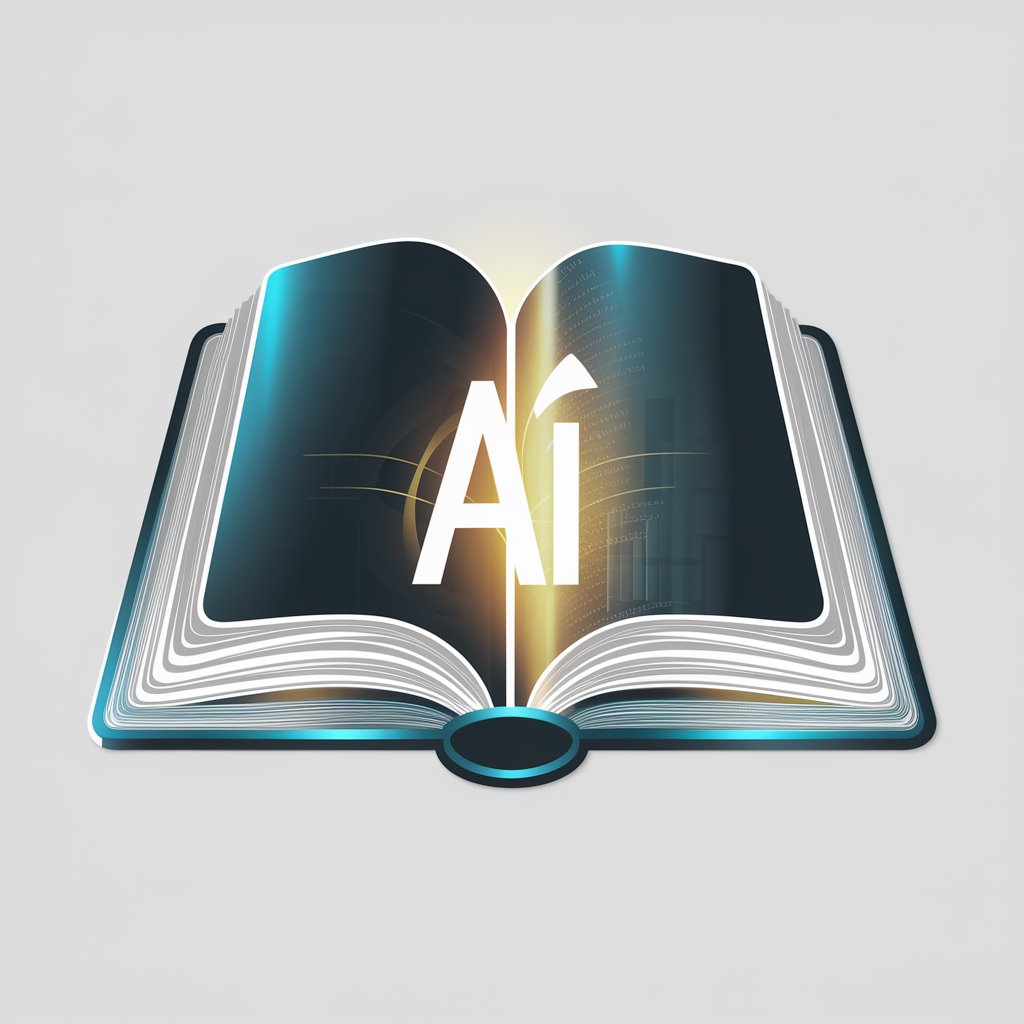8 GPTs for Religious Exploration Powered by AI for Free of 2026
AI GPTs for Religious Exploration are advanced tools designed to navigate the vast domain of religious studies, spirituality, and theological inquiry. Utilizing Generative Pre-trained Transformers, these AI models offer personalized and nuanced interactions, insights, and data analysis relevant to various religious contexts. They are developed to assist in understanding, teaching, and researching religious texts, practices, and beliefs, making sophisticated religious concepts more accessible and engaging for users of all backgrounds.
Top 8 GPTs for Religious Exploration are: ReligionGPT,AGI Seeker,L2 Juice | Sage Counsel,Encuentra A Dios,Serenity Sage,Celestial Guide,Bibel aiMOOC,Faith Explorer
ReligionGPT
Explore and Create with AI Religion

AGI Seeker
Unlocking Complexity with AI Power

L2 Juice | Sage Counsel
Explore Beliefs, Seek Enlightenment

Encuentra A Dios
Explore spirituality with AI assistance.

Serenity Sage
Empowering spiritual exploration with AI

Celestial Guide
Enlighten your path with AI-powered guidance.

Bibel aiMOOC
Empowering biblical understanding with AI

Faith Explorer
Exploring Faiths with AI-Powered Guidance

Unique Attributes and Capabilities
These GPT tools stand out for their adaptability across a spectrum of religious exploration tasks, from interpreting ancient texts to facilitating modern spiritual discussions. Special features include multilingual support for accessing a wide range of religious documents, sophisticated algorithms for context-aware responses on theological questions, and capabilities for image creation and data analysis to enrich religious studies. Their technical support extends from basic query answering to complex discourse generation, making them invaluable for a diverse range of applications within the religious domain.
Who Benefits from Religious AI Exploration Tools
The primary users of AI GPTs for Religious Exploration include religious scholars, educators, students, spiritual seekers, and developers interested in the intersection of technology and spirituality. These tools are designed to be user-friendly for those without programming skills, offering intuitive interfaces and guided interactions. Simultaneously, they provide advanced customization options for developers and professionals in the field, facilitating a broad spectrum of research and educational applications.
Try Our other AI GPTs tools for Free
Online Selling
Unlock the potential of online selling with AI GPTs, designed to automate customer service, generate engaging content, and provide valuable insights, all tailored to your business needs.
Patient Management
Discover how AI GPTs revolutionize Patient Management, offering personalized care, operational efficiency, and seamless integration with healthcare systems.
Personalized Messages
Discover how AI GPTs for Personalized Messages revolutionize communication by generating unique, tailored content for each user, enhancing engagement and personal connection.
Personalized Soundtracks
Explore AI GPTs for Personalized Soundtracks: innovative tools crafting unique music experiences tailored to your mood, preferences, and context. Dive into the future of personalized audio.
Digital Design
Discover how AI GPTs revolutionize Digital Design, offering creative automation, trend analysis, and tailored solutions for both novices and professionals.
Cross-Platform Support
Discover how AI GPTs revolutionize Cross-Platform Support, offering seamless integration, adaptability, and intelligent solutions for developers and IT professionals alike.
Expanding the Horizons of Religious Inquiry
AI GPTs for Religious Exploration are not just tools for academic study; they offer a new lens through which to view spirituality and religious practice. With user-friendly interfaces, they can seamlessly integrate into existing educational or research workflows, enabling a more interactive and engaging approach to religious studies. These tools exemplify how technology can serve as a bridge between ancient wisdom and modern inquiry, opening up new avenues for exploration and understanding.
Frequently Asked Questions
What exactly are AI GPTs for Religious Exploration?
AI GPTs for Religious Exploration are specialized AI models designed to facilitate the study and understanding of religious content, offering tailored responses and insights into spiritual texts, practices, and beliefs.
How can these tools enhance religious studies?
By providing contextual analysis, multilingual support, and interactive learning experiences, these tools can deepen understanding, spark curiosity, and offer new perspectives in religious studies.
Are these tools suitable for people without technical backgrounds?
Yes, they are designed to be accessible to users without coding skills, featuring user-friendly interfaces and straightforward interaction mechanisms.
Can developers customize these GPT tools for specific projects?
Absolutely. Developers have access to customization options and APIs that allow them to tailor the tools for specific research projects, educational programs, or digital experiences.
Do these AI tools support non-English religious texts?
Yes, one of the core features is multilingual support, enabling the exploration of religious texts and resources in various languages.
Can AI GPTs for Religious Exploration generate religious content?
These tools can generate content, including interpretations, summaries, and discussions on religious topics, aiding in content creation for educational and spiritual development purposes.
How do these tools handle sensitive or controversial religious topics?
AI models are trained to approach sensitive and controversial topics with respect, neutrality, and an awareness of diverse perspectives, promoting an inclusive and respectful dialogue.
What potential applications do these tools have in the field of religious studies?
Applications range from enhancing academic research and teaching to supporting spiritual practices, content creation for digital platforms, and fostering interfaith dialogue.